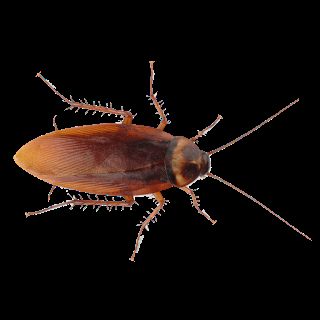
For an IPM to be successful in a food plant, root causes of the infestation must be addressed. Some fundamental tenets of an IPM program are as follows:
Inspection
In order to keep food processors free from the clutches of pests, weekly inspections must be conducted focussing on areas suspected as their activity spots - storage areas, receiving docks, break rooms of employees, recent ingredient spill sites, etc. Identification of the potential entry ways, sources of water and food, and harbourage zones is also necessary.
Preventive Action
Once the inspections have revealed vulnerabilities, steps must be taken imperatively for addressing them before real problems spike up. A compelling prevention measure is exclusion, that is, carrying out structural maintenance for blocking entry ways detected at the time of inspections. Proper sanitation should also be ensured for eliminating the water and food sources.
Identification
It is important to identify the most problematic species so that more efficient ways of elimination can be determined without causing damage to other harmless organisms. Most professionals dealing with pest management in North Shore always begin with correct identification of pests that are in question.
Treatment Selection
IPM encourages the use of natural methods for control, such as trapping or exclusion. Chemical methods should always be the last resort, and that too when nothing else seems to work. Even if chemicals are used for control, they must be applied in mild formulations only in the targeted areas. However, focussing on the natural options can ensure that least threat is posed to the food items and their surrounding environment.

Monitoring
Since pest control is a persistent process, it requires constant monitoring of the facility to prevent further infestations and eliminate the existing ones. The staff of the facility must watch closely every day for any signs of infestation. They must also be aware of the sanitation issues affecting the IPM program.
Documentation
Documentation is also an important tenet of any IPM program. Important documents must be maintained containing information about scope of the service, pest activity, corrective action, trap layout, pesticide usage, etc.
